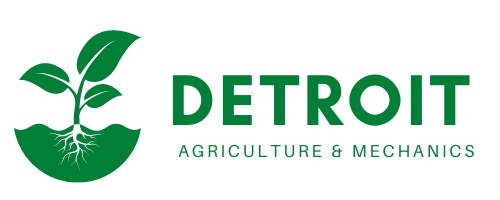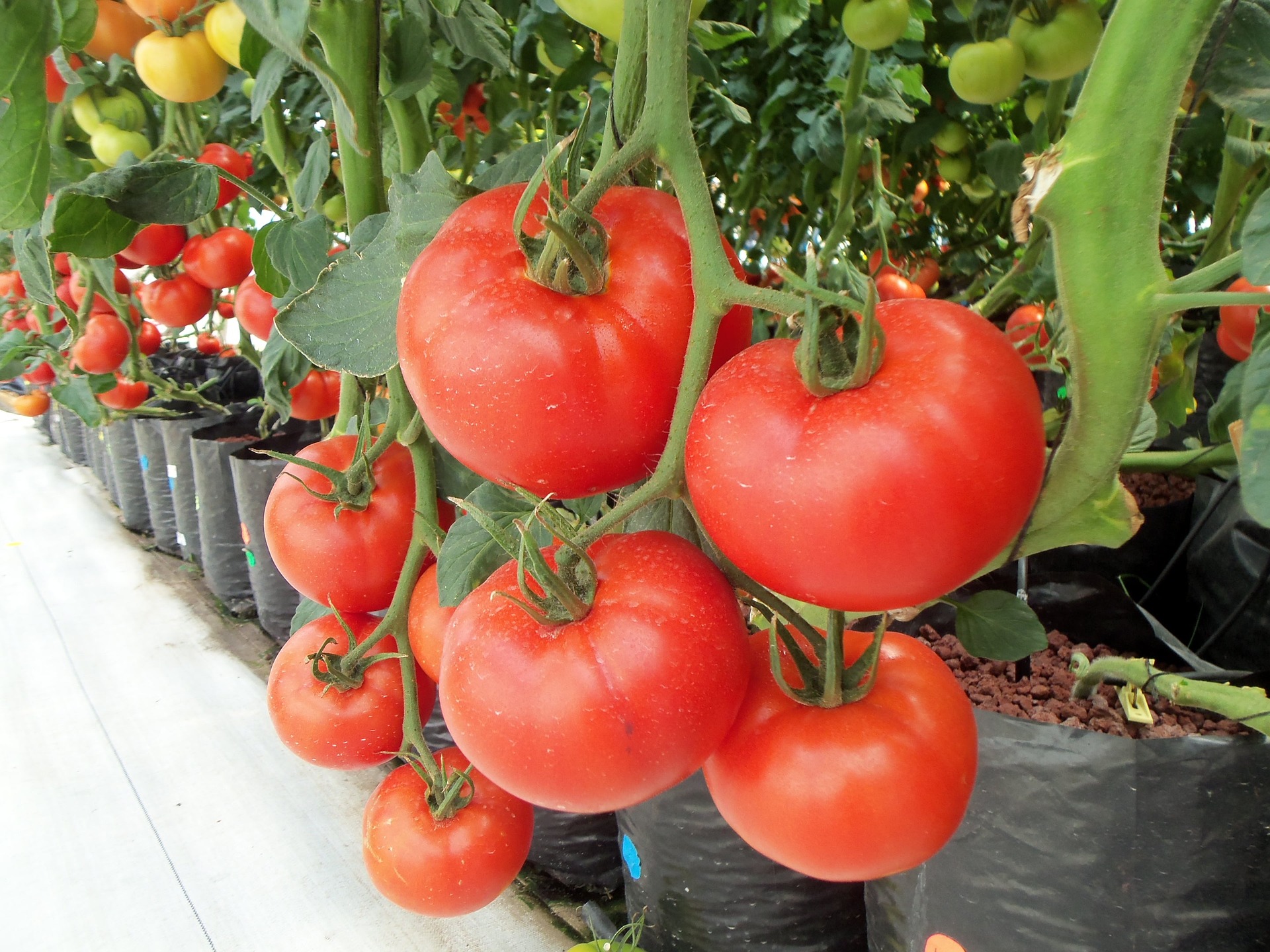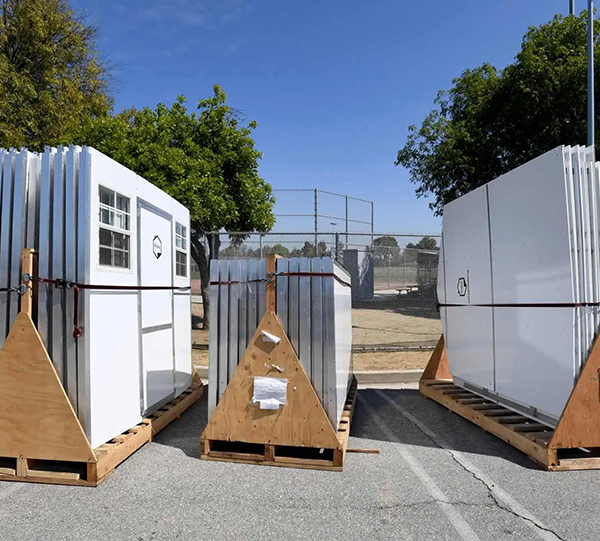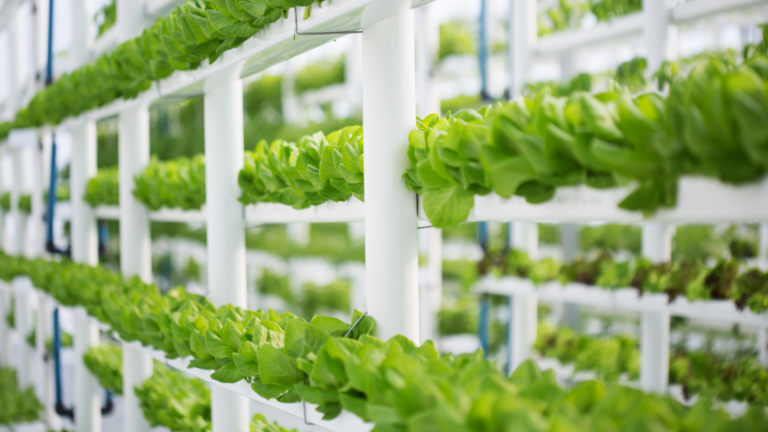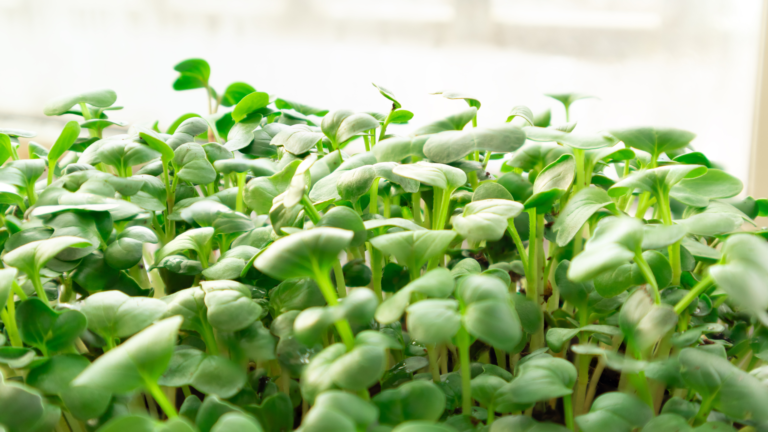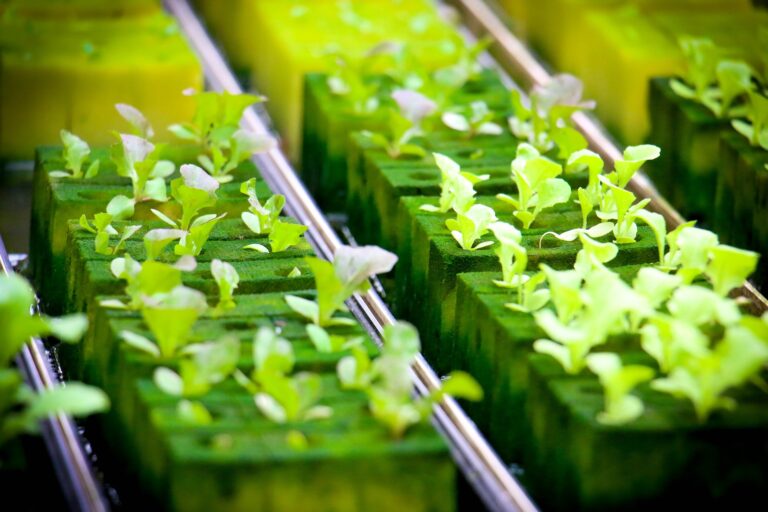Addressing Detroit’s Food Desert: The Importance of Detroit A&M in Growing Fresh Food
Detroit, once known as the Motor City and the birthplace of the American automotive industry, is grappling with a different challenge – food insecurity and the existence of food deserts. A food desert is an area lacking access to fresh, affordable, and nutritious food, often characterized by the absence of grocery stores or farmers’ markets. We will explore the issue of food deserts in Detroit, the impact it has on residents, and why Detroit A&M’s efforts in growing fresh food and teaching those skills are crucial for the city’s well-being.
Understanding Detroit’s Food Desert Crisis: Detroit has faced significant economic challenges over the years, including population decline and the closure of major grocery stores. As a result, many neighborhoods in the city have limited access to fresh food, with residents having to travel long distances to find affordable and healthy options. According to the United States Department of Agriculture (USDA), nearly 40% of Detroit residents live in areas designated as food deserts.
Supporting Data and Statistics:
- A 2019 report by the Detroit Food Policy Council revealed that 35% of Detroiters did not have access to a vehicle, making it difficult for them to reach grocery stores outside their neighborhoods.
- The same report highlighted that only 26% of Detroit’s land area is dedicated to food retail, compared to the national average of 40%.
- According to a study published in the Journal of Hunger & Environmental Nutrition, Detroit has the highest rate of food insecurity among the 25 largest metropolitan areas in the United States.
Impact of Food Deserts on Detroit Residents: Living in a food desert takes a toll on the health and well-being of Detroit’s residents. Limited access to fresh fruits, vegetables, and other nutritious foods contributes to higher rates of diet-related diseases, such as obesity, diabetes, and heart disease. Moreover, the absence of grocery stores deprives the community of economic opportunities and exacerbates existing inequalities.
The Role of Detroit A&M in Combating Food Deserts: Detroit A&M has a crucial role to play in addressing the city’s food desert crisis. By actively growing fresh food and teaching these skills to students and community members, the college can empower Detroiters to take control of their food supply and improve access to nutritious options. Here’s why Detroit A&M’s efforts are important:
- Cultivating Food Sovereignty: Detroit A&M’s focus on growing fresh food empowers individuals and communities to become self-sufficient in food production. By teaching urban farming techniques, hydroponics, and sustainable agriculture, the college equips residents with the skills and knowledge to grow their own food, reducing dependence on distant grocery stores.
- Community Engagement: Detroit A&M can serve as a hub for community engagement and education, fostering a sense of collective ownership over food production. Engaging residents in the process of growing food not only provides them with practical skills but also promotes social cohesion and empowerment.
- Economic Opportunities: The growth of urban farming and local food systems can generate economic opportunities for Detroit residents. By teaching agricultural skills and promoting entrepreneurship, Detroit A&M can contribute to job creation and the development of a sustainable and resilient local food economy.
Supporting Text and Articles:
- Detroit A&M Urban Farming Program:
- “How Urban Farming Is Reviving Detroit” – National Geographic:
- “Reviving Detroit, One Vegetable at a Time” – The New York Times:
- “The Challenges of Urban Agriculture in Detroit” – Model D Media:
Conclusion: Detroit’s food desert crisis presents a significant challenge, but Detroit A&M’s efforts in growing fresh food and teaching agricultural skills offer a glimmer of hope. By equipping residents with the knowledge and resources to cultivate their own food, the college can help combat food insecurity, promote health and well-being, and foster economic opportunities within the community. Detroit A&M’s commitment to addressing the city’s food desert problem is a vital step towards creating a more resilient and equitable food system in Detroit.
